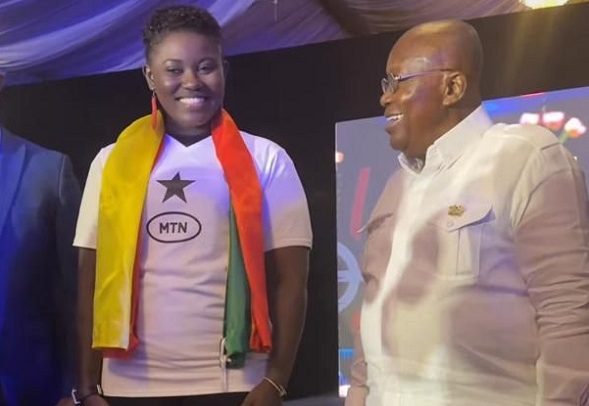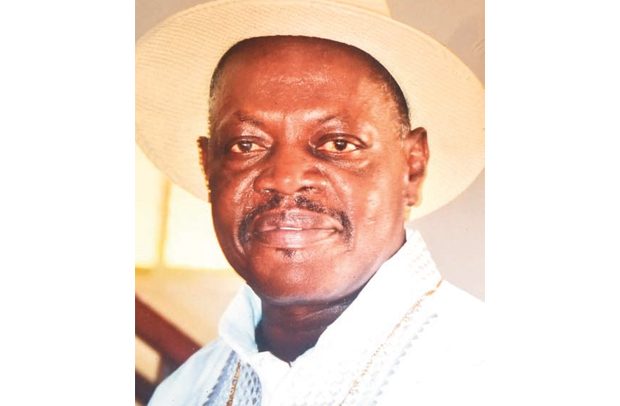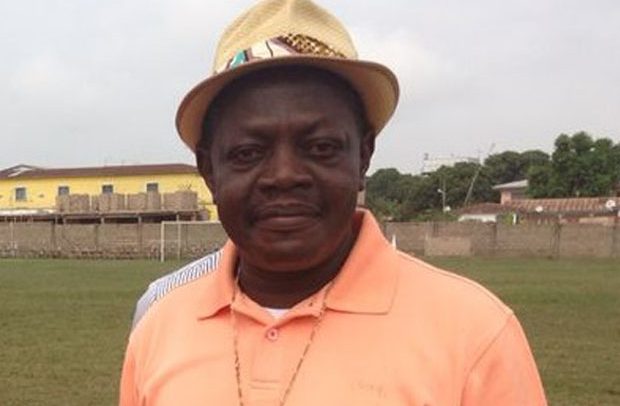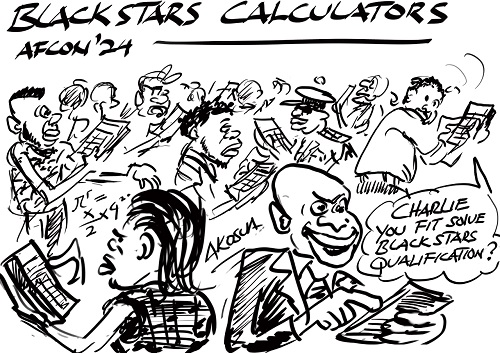
The Returnee
“I believe that the young guys who played did well and my intention was to bring them on when the US team get tired but these things happen,”- The response of James Kwesi Appiah following a painful 2-1 defeat to the United States in Ghana’s opening game of the Brazil 2014 World Cup.
In the minds of many, this response sealed James Kwesi Appiah’s fate as one that was tactically shallow and lacking in the emotional intelligence required to comprehend situations that required veteran influence.
Like a phoenix, he has been reborn from the ashes and has emerged as the prime candidate for the Black Stars job.
Once again, the top coaching job in Ghana is vacant but the biggest debate in the days preceding the naming of a substantive manager remain if an indigene or an expatriate should be the one running affairs.
The incumbent government through the Ministry of Youth and Sports have made their intentions known that a Ghanaian should be calling the shots of Ghana’s senior male football team.
Voices more powerful than the average from the corridors of power are almost at the point of getting their way: the return of Kwesi Appiah as head coach of the Black Stars.
These powerful voices and hands trust that Appiah was treated unfairly in his first tenure and thus must be given the chance to put things right.
The Ghana Football Association on the other hand have demonstrated that they have no faith in the current crop of Ghanaian coaches available on the scene.
However, the same crop of Ghanaian coaches available on the local scene have been deemed fit to handle all the age-restricted national teams and indeed the assistant manager slot of the Black Stars.
The Process
According to reports as many as 60 trainers from across all corners of the globe submitted applications for the job with a number of high-profile names such as Harry Redknapp, Roberto Carlos and Herve Renard all linked to the job.

None of these names has officially been substantiated by any outlet of the GFA and thus remain nothing but speculation.
Is it not curious then that someway, somehow, the man that was fired by the GFA has been touted as the favourite to land the job when he cannot apply for the position due to his current obligations with Al Khartoum?
Word of a three-man committee set up to appoint a technical director to aid him after the world cup barely surfaced before the rug was yanked from under his feet by the same people that had handed him a two-year extension after the World Cup in Brazil.
A lacklustre 1-1 draw against Uganda in the Afcon qualifier sealed his fate even before his farewell match: a 3-2 win against Togo in Lome.
In the 27 matches he supervised, he managed twelve wins, ten defeats and five draws in all competitions.
Displaying a lack of decisiveness in decision-making, failing to command respect and tactical tautness leave one questioning if the motive for hiring a coach to lead Ghana is merely an opportunity to hand a Ghanaian a job, or a serious attempt to hire regardless of skin colour and nationality a man with a winning track record to reconstruct the Black Stars in its fractured state.
What is evident is that again he is not the master of his own destiny and is caught between a government that want him for reasons that might not be purely football-based and a GFA that might be forced to hire him against their will with the hope that he might fail in the process.
Forgetting the painful experience
A lofty reputation preceding his arrival, Avram Grant, departed Ghana with many glad to see the back of him.

All through his tenure he was frequently accused of an indifferent attitude towards the job as a well as a lack of commitment to teaching the game and passing on his knowledge.
It almost feels like the quest to get Ghana to again become the most dominant force in African football while carving out a unique philosophy of the game has taken a few steps back.
Is the Ghana FA captivated by big time coaching certificates and an impressive resume or in exploring the mindset of the one individual who possesses the rare qualities required to forge a championship winning team?
There have been no formal interactions between the FA and the media as far as the appointment of the head coach goes.
Indeed the GFA’s website has never published or mentioned the coaching situation except putting on record that a six-man committee headed by FA President Kwesi Nyantakyi will soon present the chosen one and that Maxwell Konadu will play an interim role.
The lack of a clear vision and trust in the process has culminated in the reckless hiring and firing of coaches.
There is one school of thought that believes the FA’s hand has been forced into accepting the fact that a local man, most likely Appiah will get the job.
The last three years have presented ample time to evaluate the pros and cons of both the Grant and Appiah era.

While both went through the motions of the job the end result regardless of colour and nationality is that the Black Stars are close to going four decades since the last Afcon.
There must be laid down standards by which Ghanaian football will be measured, and currently there are none.
What values will Ghana’s football and indeed the national team be built upon.
The next man to take that seductive position must bring certain staple qualities to the table and these do not come colour-coated.
1.Independence of mind
Seeking and accepting advice has helped a lot of wise men that have graced this planet but the consciousness to filter what advice must be implemented is a gift very few possess.

Manipulation of managers in the selection of players is a problem at both the national and club level on the continent and Ghana is no exception.
One of the biggest accusations facing indigenous Ghanaian coach’s is the fact that they are usually toothless with regards to player selection and are often influenced by powerful stakeholders in the football fraternity.
This situation is however built on the principle of the individual manager in question and one who has strong values will walk in the face of such challenges.
One who wholly believes in his own knowledge base and in his ability to execute a job for which he has been trained won’t take kindly to being forced to take decisions against his will.

Reports of widespread imposition of players and the frequent side stepping of the coach in crunch decision times were rife during Kwesi Appiah’s first tenure.
In the event that Appiah returns as head coach, his relationship with the GFA will make for interesting analysis.
The Black Stars coaching job is lucrative and from a Ghanaian perspective its hard to fathom one walking away from a job that pays a salary of between USD 20,000 – USD 50,000.
2. A willing teacher
In Avram Grant, the GFA hoped for a man who was willing to impart the knowledge he had gathered in his years spent in the game to coaches in Ghana and in turn to players in the country.
This, however, was not the case and after several promptings by the media he reluctantly supervised a clinic for coaches in the Ghana Premier league.
Players that have made it to the national team level barely need any teaching especially when they are over the age of 27 but subtle guidance and advice go a long way to making a player successful.

3.Respect for merit
Avram Grant’s final squad selection for the 2017 Afcon in Gabon disrespected the word merit in the most blatant way possible when he decided that a combined total of 39 goals between young striker Raphael Dwamena and Ghana Premier League MVP Latif Blessing was not good enough to make a team that eventually travelled with half fit centre forwards.
Whoever takes up the job must present a level platform that gives eligible players an equal opportunity to play for the national team regardless of if they play their football in Ghana or overseas.
4.A clear-cut plan
Athletes always hold in high regard managers that communicate their plans in clear language and outline from the onset the measures that must be taken to ensure that the team reaches its objectives.
Ambiguity provides the fertile ground for player revolt and disrespect and again, such a scenario reared its head in Brazil with regards to Kevin Prince Boateng and his showdown with Appiah over certain training drills and methods used.
Managers must ensure that even in the situation where it appears the agreed plan is not working, communication with the line leaders in the team is clear to enable the vision of the team be better communicated and understood even in the face of adversity.
It is well documented that all of Ghana’s four Afcon trophies have come under local coaches with the legendary C.K Gyamfi lifting it on three occasions while Osam Duodo also contributed one.

The dynamics of the African game has seen changes since Ghana last won the Afcon in 1982 but a peek at the all-time list of coaches who have won the Afcon shows how dominant Ghana was under Gyamfi and Egypt under Shehata, both local coaches.
A pure understanding of the game and the mindfulness to understand and micro manage the personnel that execute the game plan is what is paramount.
Whether that comes in the form of a Ghanaian or an expatriate is not what matters but a plan that eventually leads to success. Read Full Story

















Facebook
Twitter
Pinterest
Instagram
Google+
YouTube
LinkedIn
RSS